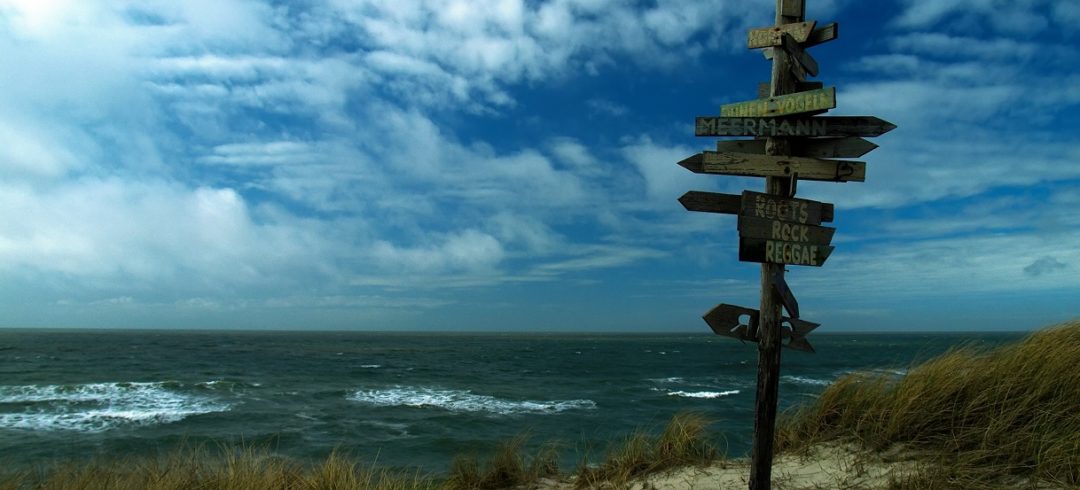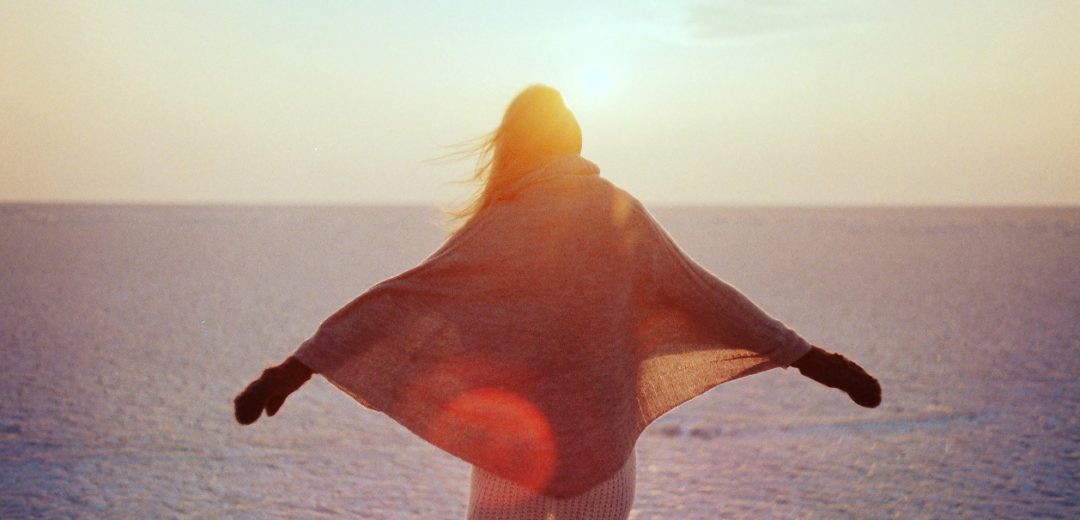For most of my life, I was not allowed to experience disappointment. That doesn’t mean that nothing ever happened that could disappoint me—just that when it did happen, I wasn’t allowed to feel disappointed. If I ever expressed my disappointment to a peer, friend, or adult in my life the standard response was that I should be grateful for an event, circumstance, or item because after all it’s only the saving grace of God that’s keeping me from being tortured in hell forever.
Writing it out like that it sounds like hyperbole, but it’s not. A few months after I’d gotten married I was talking to a trusted person about something that had gone wrong in my life and how I didn’t deserve what was happening to me, and their response was “well, you should be grateful because what you really deserve is hell.” They said it … almost glibly. They’d said it so often and to so many people that the sheer horror of it couldn’t even hit them.
This thread was woven into nearly every aspect of my life. I was forced to be “thankful” for any misery, unhappiness, disappointment, or discontent because what else could a hopeless wretch like myself dare to expect? I should be happy with what I’ve got and thankful it’s not any worse. The result of this mentality was twofold: I never learned how to deal with disappointment appropriately, and I never learned what gratitude is or learned how to be truly thankful.
The intended result of cutting me off from “negative” emotions like anger or disappointment was to prevent me from feeling them, but how anyone thought that was ever going to work is beyond me. I still experienced the entire emotional spectrum but was taught to ignore a significant section of it, to bury those feelings. With all their talk of not letting bitterness fester you’d think they’d be more conscious of what unresolved disappointment can do to a person, but no.
Stunted emotional growth doesn’t even begin to describe it.
Once I started deconstructing the fundamentalist ideology I’d been raised in, a lot of things started to grate on some incredibly raw nerves. I wanted to lean in to being disappointed—to throw massive pity parties and lay in bed and mope and do all the things children do when they’re learning to self-regulate. I was essentially trying to cram two decades of disappointment into a year so I could get it all out of my system and learn to cope with it better. During that time period I really learned to hate the phrase “an attitude of gratitude” and any of its linguistic compatriots. Anyone trying to tell me that gratitude is the key to happiness would provoke a run-screaming-into-the-hills reaction.
In my personal experience up until that point, gratitude was most definitely not the key to happiness. I’d been forced to try that for almost as long as I could remember and nope. I wanted nothing to do with the entire concept—no one was ever going to tell me to “be ye thankful” ever again if I could help it.
***
Recently, I’ve learned that part of the healing work, part of recovering from fundamentalism, is learning to separate out the parts that are true but that fundamentalists got wrong. For a long time I had to reject all of it wholesale, because tossing the baby out with the bathwather was the only way to set myself free from the entire toxic system. For years I didn’t believe that bothering to recover any of that would be healthy or helpful.
Last weekend, though, I realized that gratitude is actually woven through all my happiness. Because I’ve learned how to experience disappointment, I could finally recognize gratitude. In my experience, they’re two sides of the same coin. Disappointment has been an overwhelming experience for me over the last five years—nothing quite makes me want to curl up into a ball like disappointment. I’ve finally experienced the truth of a “hope deferred maketh the heart sick,” and the past few weeks have been a double helping. I actually went to bed in the middle of the day and cried myself to sleep a few times last week.
But, not just despite the disappointment but because of it, gratitude has shone even brighter. Now it’s a golden thread in my life, helping me to refocus and revealing the good things that exist in the middle of sorrow. I’m horribly disappointed that something I’ve been working on personally for the last year and half got ripped out of my hands and stomped on, but gratitude lets me see how it’s not been for nothing. I have friends I wouldn’t have made otherwise, connections and resources that are going to help me tremendously in other work I want to do. I’ve learned and grown and gained important skills.
I’m grateful.
What the fundamentalists got wrong is that I am not grateful instead of being disappointed. I’m both. I can recognize that what’s happening is unjust and unfair and sensible, reasonable people wouldn’t be behaving this way … and I can look at everything I’ve gained by being a part of it. I wouldn’t really be able to understand the full picture of my life right now without both of these feelings.
Gratitude is present in everything that makes me happy, or feel accomplished, or content; and it’s there in everything that hurts. Sometimes I’m so grateful it makes me dizzy—I can have a weekend full of good food, supportive friends, entertaining movies, satisfying gaming victories, beautiful landscapes and sleeping in and thinking about it makes my head explode a little bit how it’s possible for one person to be this happy. Gratitude is feeling so full of joy and contentment I might burst from it.
None of it would be possible, though, without disappointment as an emotional transition color. By embracing disappointment, I can understand my worth as a person. I can understand the way things are versus the way things ought to be and know where I fit, where my place is at the moment.
Disappointment guides me to gratitude by pointing out what’s wrong so I can see what’s right.


